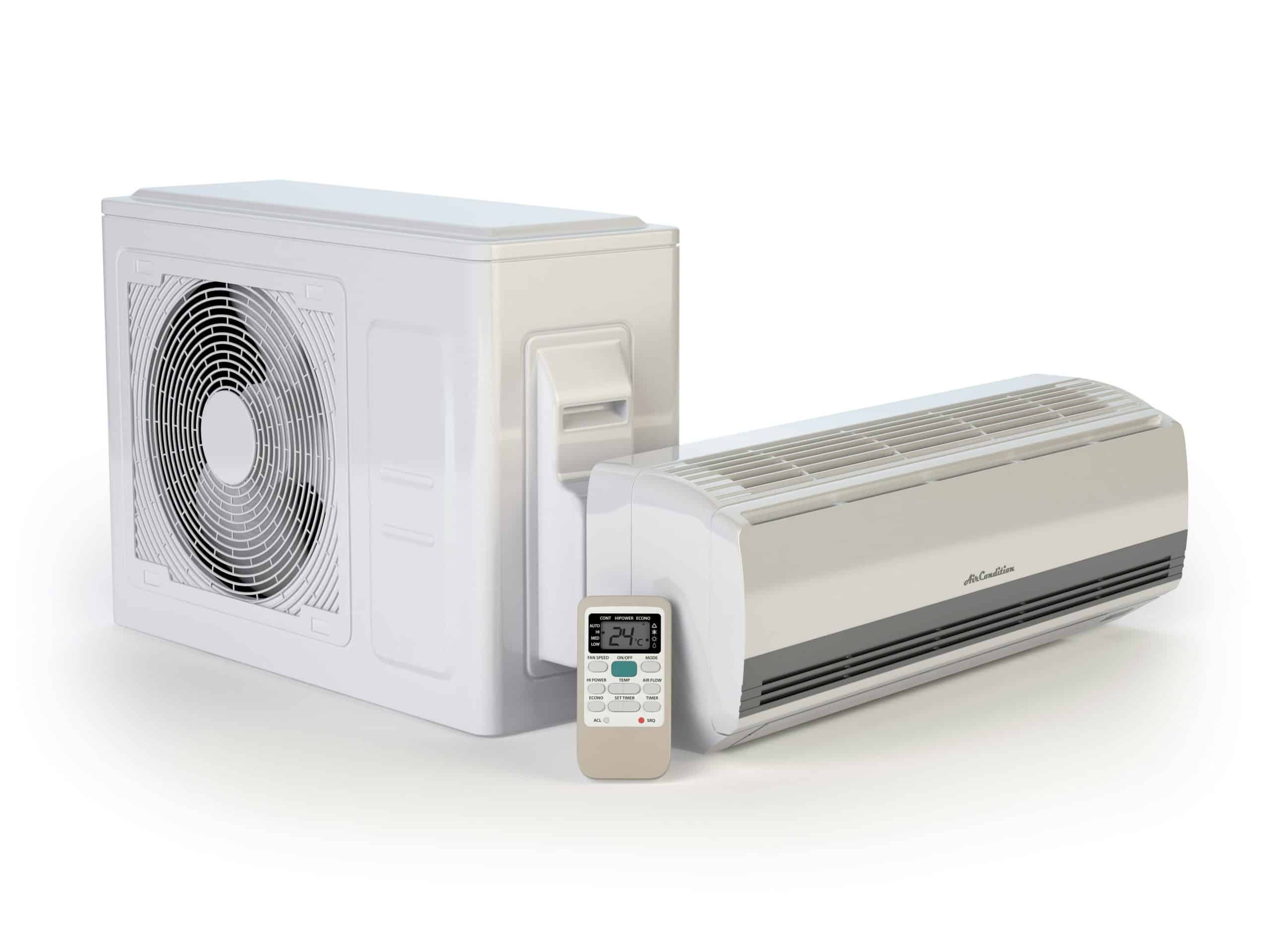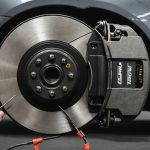UK weather can be unpredictable, swinging from sweltering summers to chilly winters. Maximizing your car's air conditioning efficiency saves energy and enhances comfort on every journey. Understanding air conditioning systems and their performance can make a significant difference. You’ll discover practical tips to optimize your AC, ensuring it adapts seamlessly to the UK's changing climate while prolonging its lifespan. Get ready to transform your driving experience, regardless of the weather outside.
Understanding Your Car's Air Conditioning System
Grasping the basics of car air conditioning can significantly enhance your driving experience, especially during the warmer months. At its core, a car's air conditioning system operates by manipulating refrigerant through a series of components to deliver cool air into the cabin.
In the same genre : Unlocking Your EV”s Resale Potential: Expert Battery Management Tips for UK Owners
Key Components
-
Compressor: Often referred to as the heart of the system, the compressor pressurises the refrigerant and circulates it through the system.
-
Condenser: Located at the front of the car, the condenser cools the refrigerant by releasing heat to the outside air.
Also read : Unlocking the Ultimate Trade-In: Expert Strategies for Securing the Best Vehicle Deal in the UK
-
Evaporator: Positioned inside the cabin, the evaporator absorbs heat from the interior air, cooling it before it's blown back into the car.
-
Expansion Valve: This component controls the flow of refrigerant into the evaporator.
-
Receiver-Drier: Responsible for removing moisture and filtering debris from the refrigerant.
Importance of Regular Maintenance
Regular maintenance of your car's air conditioning system is crucial. It ensures all components function optimally, preventing costly repairs and maintaining efficiency. Routine checks can identify issues like refrigerant leaks or blockages early, ensuring your system remains reliable and effective. Neglecting maintenance can lead to a decline in performance, making those hot summer drives uncomfortable.
Impact of UK Weather on Air Conditioning Efficiency
Understanding the UK weather effects on AC systems is essential for maintaining optimal performance. The UK's climate is notably variable, with frequent shifts between warm, cool, and humid conditions. This variability can significantly influence how efficiently your car's air conditioning system operates.
Overview of UK Climate Variability
The UK's climate is characterised by mild temperatures and high humidity, which can fluctuate unexpectedly. These changes can impact the performance of your vehicle's air conditioning system, as it must constantly adjust to maintain a comfortable cabin environment.
Temperature Fluctuations and AC Performance
Temperature changes in the UK can affect the efficiency of air conditioning systems. During cooler periods, the demand for cooling decreases, potentially leading to less frequent use of the AC system. Conversely, during warm spells, the system works harder to cool the cabin, which may increase wear and tear on components like the compressor.
Humidity's Role in Air Conditioning Efficiency
Humidity levels in the UK can also impact air conditioning efficiency. High humidity requires the system to work harder to remove moisture from the air, which can decrease overall efficiency. Conversely, low humidity can make the air feel cooler, reducing the need for constant air conditioning. Understanding these factors can help you optimise your car's AC performance throughout the year.
Maintaining Your Car's Air Conditioning System
Regular AC system maintenance is vital for ensuring your car's comfort and efficiency, especially during varying weather conditions.
Routine Maintenance Checklist
A comprehensive maintenance checklist can help keep your system in top shape. Begin by checking the refrigerant levels, as insufficient refrigerant can reduce cooling efficiency. Inspect the compressor for any unusual noises or leaks, as these can indicate potential issues. Ensure the condenser and evaporator are clean and free from debris, which can obstruct airflow and decrease performance. Finally, replace the cabin air filter regularly to maintain air quality and system efficiency.
Importance of Professional Inspections
While routine checks can be performed at home, professional inspections are crucial for a thorough assessment. Trained technicians can identify subtle issues that may not be evident to the untrained eye, such as micro-leaks in the system or worn-out components. Regular professional inspections can prevent costly repairs by addressing problems early, ensuring the longevity and reliability of your air conditioning system.
DIY Maintenance Tips
For those inclined to perform DIY maintenance, there are several tasks you can undertake. Regularly clean the exterior of the condenser with a gentle stream of water to remove dirt and debris. Monitor refrigerant levels and top up as necessary, but ensure you follow the manufacturer's guidelines. Always use the correct type of refrigerant to avoid damaging the system.
Tips for Using Air Conditioning Efficiently
Optimising your car's air conditioning system can enhance comfort while maintaining efficiency. Understanding how to use your AC effectively in various weather conditions is crucial.
Best Practices for Different Weather Conditions
In cooler weather, consider using the ventilation system without engaging the AC to save energy. During hot spells, start with the windows down to release hot air before turning on the AC. This method reduces the workload on the system, enhancing efficient AC usage.
Windows and Ventilation's Role
Windows and ventilation are pivotal in maintaining efficiency. Keeping windows closed while the AC is running prevents the system from overworking. Using the recirculation mode can also help maintain cool air inside the cabin, reducing the need for constant cooling.
Balancing Comfort and Fuel Efficiency
Balancing comfort with fuel efficiency requires strategic use of the AC. Running the AC at a moderate setting rather than maximum can conserve fuel. Additionally, maintaining a consistent speed on the road can prevent unnecessary strain on the system, supporting efficient AC usage. By adopting these practices, you can enjoy a comfortable ride without compromising on fuel efficiency.
Troubleshooting Common AC Problems
Experiencing issues with your car's air conditioning system can be frustrating, but understanding the signs of an underperforming system can help you identify and address problems early.
Signs of an Underperforming Air Conditioning System
Some common indicators of a failing AC include weak airflow, unusual noises, and unpleasant odours. If the air isn't as cold as it should be, or if the airflow is inconsistent, these could be signs that your system needs attention.
Common Issues and Their Quick Fixes
-
Weak Airflow: Often caused by a clogged cabin air filter or debris in the vents. Replacing the filter and cleaning the vents can restore proper airflow.
-
Unusual Noises: These might indicate a worn-out compressor or loose components. Inspecting the compressor and tightening any loose parts can resolve the issue.
-
Unpleasant Odours: Usually due to mould or bacteria in the evaporator. Using an antibacterial spray can eliminate these odours.
When to Seek Professional Help
If these quick fixes don't resolve the issues, or if you notice refrigerant leaks or electrical problems, it's time to consult a professional. Trained technicians can provide a thorough diagnosis and ensure your air conditioning system functions efficiently.
Enhancing Comfort Beyond Air Conditioning
Beyond the air conditioning system, there are several alternative cooling methods to enhance comfort in your vehicle. These methods can be particularly beneficial when trying to maintain a pleasant cabin environment without solely relying on the AC.
Utilizing Window Shades and Reflective Materials
One effective approach is using window shades and reflective materials. These accessories help block out direct sunlight, significantly reducing the heat entering the vehicle. By keeping the interior cooler, they lessen the burden on your air conditioning system, promoting energy efficiency.
Importance of Cabin Air Filters for Air Quality
Cabin air filters play a crucial role in maintaining air quality. They trap pollutants and allergens, ensuring the air inside the vehicle remains clean and fresh. Regularly replacing these filters not only improves air quality but also supports the overall efficiency of your AC system, as a clean filter facilitates better airflow.
Other Cooling Technologies and Features in Modern Vehicles
Modern vehicles often come equipped with additional cooling technologies. Features like ventilated seats or dual-zone climate control offer personalised comfort for passengers. These innovations provide targeted cooling, allowing occupants to adjust settings to their preferences, thereby enhancing the overall driving experience without over-relying on traditional air conditioning.
Resources and Tools for Air Conditioning Management
Effectively managing your car's air conditioning system requires the right AC management resources. Whether you're a DIY enthusiast or prefer digital solutions, various tools and platforms can enhance your system's performance.
Recommended Tools for DIY Maintenance
For those tackling DIY maintenance, having the correct tools is essential. A manifold gauge set is invaluable for checking refrigerant pressures, while a UV leak detection kit helps identify refrigerant leaks. Additionally, a digital thermometer can accurately measure air vent temperatures, ensuring your system cools efficiently.
Useful Apps and Websites for Tracking AC Performance
In the digital age, apps and websites offer innovative ways to monitor your AC system. Apps like AC Pro offer step-by-step guidance for maintenance tasks, while platforms like Car Care Monitor provide insights into your system's performance. These resources can alert you to potential issues before they become significant problems.
Infographics and Checklists for Easy Reference
Visual aids such as infographics and checklists simplify complex tasks. They offer clear, concise instructions for routine maintenance, ensuring you don't miss crucial steps. By using these AC management resources, you can maintain your air conditioning system more efficiently, ensuring a comfortable and reliable driving experience.














